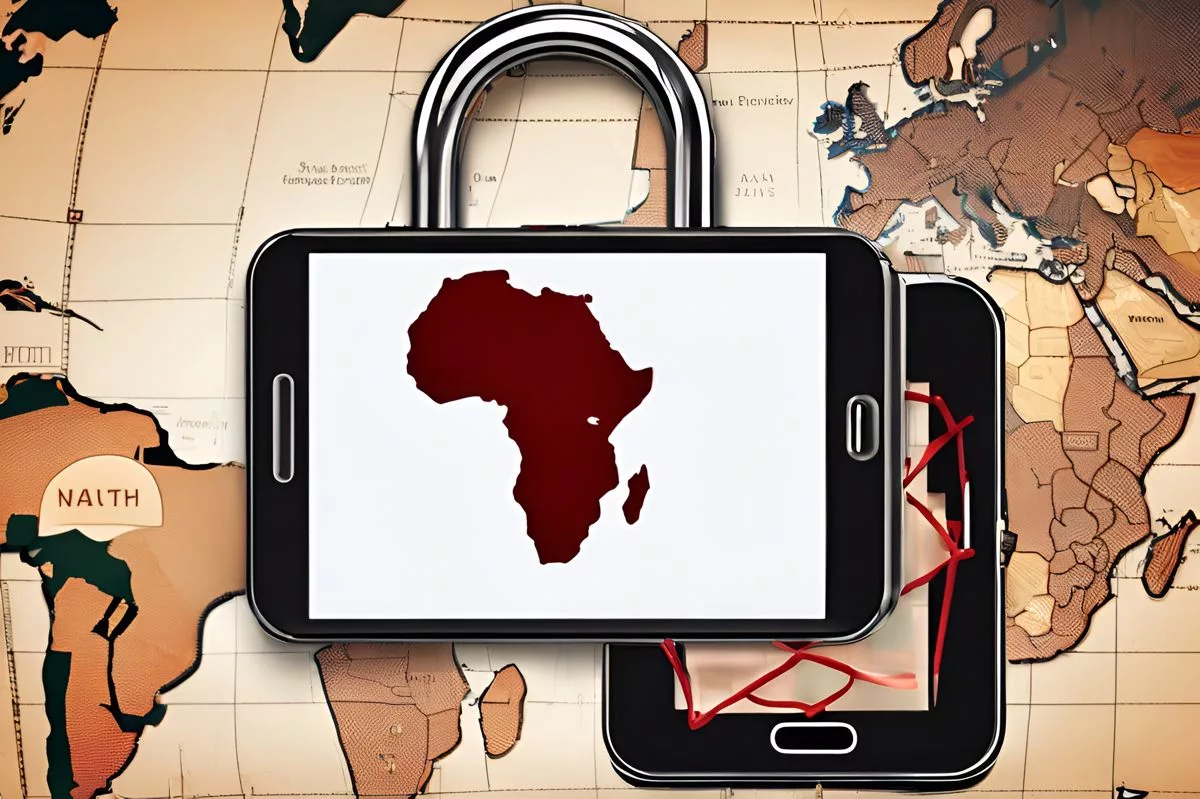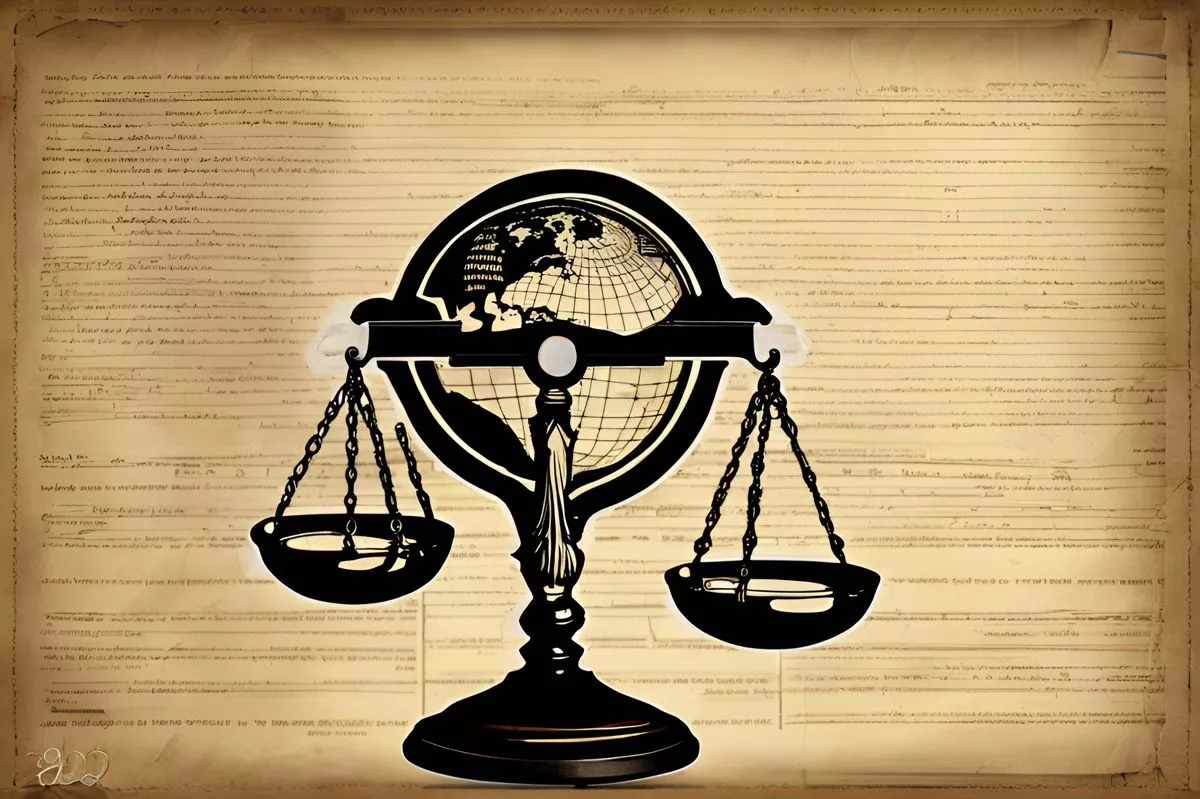The Principles and Guidelines for the Utilization of Digital and Social Media in African Elections is a groundbreaking initiative endorsed by the Association of African Electoral Authorities, designed to offer a comprehensive framework for election management bodies and stakeholders to effectively engage with digital and social media platforms in the stages prior, during, and after elections. The initiative aims to promote online integrity, safeguard against misinformation and disinformation, protect privacy and data security, and ensure a fair environment for all political competitors. With over 20 African Union member states expected to take part in elections in 2024, the timing of this program is well-placed to enhance the electoral preparedness of EMBs and promote the application of these principles and guidelines among a range of stakeholders.
What is the Principles and Guidelines for the Utilization of Digital and Social Media in African Elections?
The Principles and Guidelines act as a comprehensive framework for election management bodies (EMBs) and stakeholders to effectively engage with digital and social media platforms in the stages prior, during, and after elections. It offers precious insights into promoting online integrity, safeguarding against misinformation and disinformation, protecting privacy and data security, and ensuring a fair environment for all political competitors. The initiative was endorsed by the Association of African Electoral Authorities, sparking a significant transition that has impelled EMBs throughout Africa to implement digital and social media into their electoral practices.
An unprecedented initiative has been initiated across the African continent with the inception of the Principles and Guidelines for the Utilization of Digital and Social Media in African Elections. This remarkable event was chaired by the South African Deputy President, Paul Mashatile, at the IEC Launch and Socialisation Workshop in Johannesburg.
This pivotal occurrence was staged against the setting of the 11th conference of the Association of African Electoral Authorities (AAEA), which took place on November 3, 2023, in Cotonou, Benin. At this juncture, the Principles and Guidelines were formally endorsed, sparking a significant transition that has impelled election management bodies (EMBs) throughout Africa to implement digital and social media into their electoral practices.
As EMBs continue to evolve, this endorsement ushers in a new epoch in which the enormous potential of digital and social media can be exploited. Simultaneously, it paves the way for strategies to neutralize potential hazards that may jeopardize the legitimacy of electoral results.
Significance and Implementation
The Principles and Guidelines act as a wide-ranging structure for EMBs and electoral stakeholders, offering precious insights into effective engagement with digital and social media platforms in the stages prior, during and after elections. The Electoral Commission of South Africa initiated this framework on behalf of the AAEA, marking a pioneering contribution to the African continent.
With a surge of electoral activity expected across Africa involving over 20 African Union member states, including South Africa, due to partake in elections in 2024, the timing of this socialization program is particularly well-placed. This scheme is designed to enhance the electoral preparedness of EMBs in these countries and will play a key role in educating and promoting the application of these principles and guidelines among a range of national stakeholders.
Mashatile eloquently underlined the essential role that social media plays in today’s digital era. He acknowledged its ability to mold public views and narratives during elections, accentuating the necessity of developing transparent and inclusive principles and guidelines.
Tackling Misinformation and Ensuring Online Integrity
Mashatile stressed the importance of using these platforms positively to disseminate accurate, constructive messages about elections, specifically targeting Africa’s significantly active youth on platforms such as Twitter, Instagram, Facebook, TikTok, and others.
Promoting online integrity, safeguarding against misinformation and disinformation, protecting privacy and data security, and ensuring a fair environment for all political competitors were among the key principles emphasized. By adhering to these principles, democratic values can be protected and voters can be empowered to make well-informed decisions.
Referring to the potential perils of misinformation, especially in relation to elections, Mashatile highlighted the impact of false claims on the erosion of trust in the electoral process and the potential to instigate a wave of anti-voters and instability in our countries. He emphasized the necessity to educate the public about these risks.
The guidelines also offer direction on raising awareness among EMBs and other stakeholders about the advantages and threats of digital and social media to the electoral process and integrity. This will encourage the formulation of policies on digital and social media in elections by Election Management Bodies, Regional Economic Communities (RECs), and Member States.
Mashatile appreciated the considerable contribution of the South African government, the African Union Commission, the United Nations Electoral Assistance Division (EAD), the United Nations Development Programme (UNDP), UNESCO, and all the development partners and digital companies that offered expert input in shaping the content throughout this process.
The Deputy President concluded his speech by formally launching the Principles and Guidelines for the Use of Digital and Social Media in African Elections. He expressed his faith in the talented individuals present at the event, asserting that their collective expertise would be instrumental in dissecting the Principles and Guidelines document and identifying areas for domestication depending on their specific situations.
As we look to the future, the following three days will be dedicated to a significant task. Participants from various parts of the world will dissect the Principles and Guidelines and identify areas for domestication based on their distinctive circumstances.
With eager anticipation, we look forward to the future applications of these principles and guidelines, and the significant transformation they may bring to the electoral processes across Africa.
What is the purpose of the Principles and Guidelines for the Utilization of Digital and Social Media in African Elections?
The Principles and Guidelines aim to provide a comprehensive framework for election management bodies (EMBs) and stakeholders to effectively engage with digital and social media platforms in the stages prior, during, and after elections. It seeks to promote online integrity, safeguard against misinformation and disinformation, protect privacy and data security, and ensure a fair environment for all political competitors.
Who endorsed the Principles and Guidelines for the Utilization of Digital and Social Media in African Elections?
The Association of African Electoral Authorities (AAEA) endorsed the Principles and Guidelines for the Utilization of Digital and Social Media in African Elections.
What is the significance of the Principles and Guidelines for the Utilization of Digital and Social Media in African Elections?
The endorsement of the Principles and Guidelines represents a significant transition that has impelled election management bodies (EMBs) throughout Africa to implement digital and social media into their electoral practices. The initiative is designed to enhance the electoral preparedness of EMBs in African countries that are expected to take part in elections in 2024.
How does the initiative safeguard against misinformation and disinformation?
The initiative promotes online integrity and safeguards against misinformation and disinformation through principles and guidelines that encourage accurate and constructive messaging about elections, particularly targeting Africa’s significantly active youth on platforms such as Twitter, Instagram, Facebook, TikTok, and others. It also encourages the formulation of policies on digital and social media in elections by Election Management Bodies, Regional Economic Communities (RECs), and Member States.
Who contributed to the development of the Principles and Guidelines for the Utilization of Digital and Social Media in African Elections?
The South African government, the African Union Commission, the United Nations Electoral Assistance Division (EAD), the United Nations Development Programme (UNDP), UNESCO, and all the development partners and digital companies offered expert input in shaping the content throughout this process.
What is the goal of the Principles and Guidelines for the Utilization of Digital and Social Media in African Elections?
The goal of the Principles and Guidelines for the Utilization of Digital and Social Media in African Elections is to ensure a fair and transparent electoral process that promotes democratic values and empowers voters to make well-informed decisions. It is also designed to educate the public and raise awareness among EMBs and other stakeholders about the advantages and threats of digital and social media to the electoral process and integrity.












